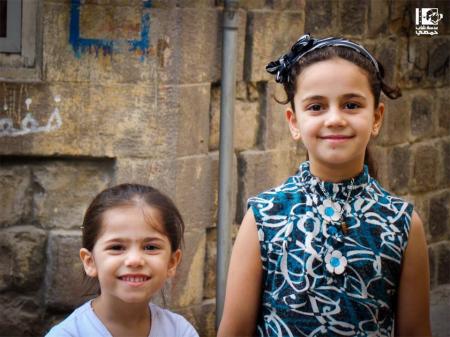Eulogy to W.H. Auden
(Read at the Cathedral of St. John the Divine,
New York, October 17, 1983)
I
Assuredly, that fissured face
is wincing deeply, and must loathe
our solemn rubbish,
frown on our canonizing farce
as self-enhancing, in lines both
devout and snobbish.
Yet it may spare us who convene
against its wish in varnished pews
this autumn evening;
as maps remember countries, mien
defines a man, and his appears
at our beseeching.
Each granite feature, cracked and plain
as the ground in Giotto, is
apt to this chancel,
the wry mouth bracketed with pain,
the lizard eye whose motto is:
Opposites cancel.
For further voices will delight
in all that left the body of
the mortal Auden
centuries after candlelit
Kirchstetten freed its tenant of
Time and its burden;
for what we cherish is as much
our own fate, stricken with the light
of his strange calling,
and, once we leave this darkened church
and stand on pavements in the night
to see a falling
leaf like a seraph sign the arc
made by a streetlamp, and move on
to selfish futures,
our footsteps echoing in the dark
street have, for their companion,
his shadow with us.
Autumn is when small wars begin
drunken offensives; the skies spin
with reeling scanners;
but you, who left each feast at nine,
knew war, like free verse, is a sign
of awful manners.
Tonight, as every dish deploys
from sonar peaks its amplified
fireside oration,
we keep yours to ourselves, a voice
internal, intricately wired
as our salvation.
II
In your flat world of silence
the fissures made by speech
close. A sandpiper signs
the margin of the beach.
Soon, from whistling tundras,
geese following earth’s arc
will find an accurate Indies
in the lime-scented dark.
Our conjugations, Master,
are still based on the beat
of wings that gave their cast to
our cuneiform alphabet,
though shredders hum with rage through
the neon afternoon,
and dials guide earth’s marriage
to an irascible moon;
not needling Arcturus,
nor Saturn’s visible hum
have, on their disks, a chorus
of epithalamium;
the farther the space station
from the Newtonian self,
the more man’s conversation
increases with himself.
Once, past a wooden vestry,
down still colonial streets,
the hoisted chords of Wesley
were strong as miners’ throats;
in treachery and in union,
despite your Empire’s wrong,
I made my first communion
there, with the English tongue.
It was such dispossession
that made possession joy,
when, strict as Psalm or Lesson,
I learnt your poetry.
III
Twilight. Grey pigeons batten
on St. Mark’s slate. A face
startles us with its pattern
of sunlit fire escapes.
Your slippered shadow pities
the railings where it moves,
brightening with Nunc Dimittis
the city it still loves.
O craft, that strangely chooses
one mouth to speak for all,
O Light no dark refuses,
O Space impenetrable,
fix, among constellations,
the spark we honour here,
whose planetary patience
repeats this earthly prayer
that the City may be Just,
and humankind be kind.
A barge moves, caked with rust
in the East River wind,
and the mouths of all the rivers
are still, and the estuaries
shine with the wake that gives the
craftsman the gift of peace.
(from Derek Walcott, The Arkansas Testament, Faber&Faber, 1987, 1988)



 Posted by RK
Posted by RK 
